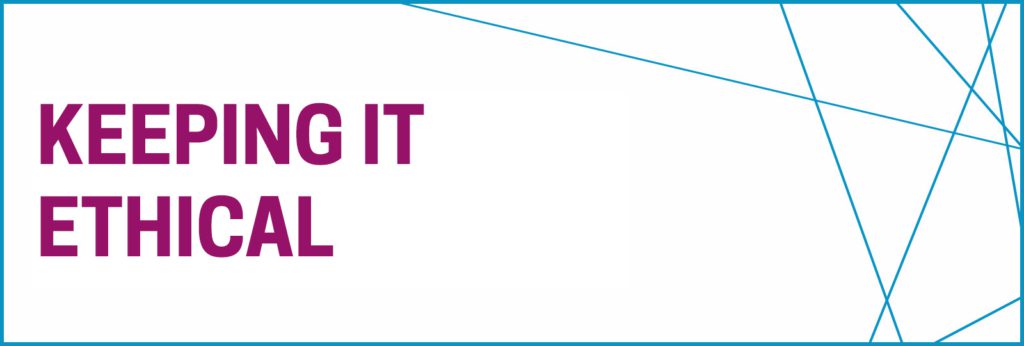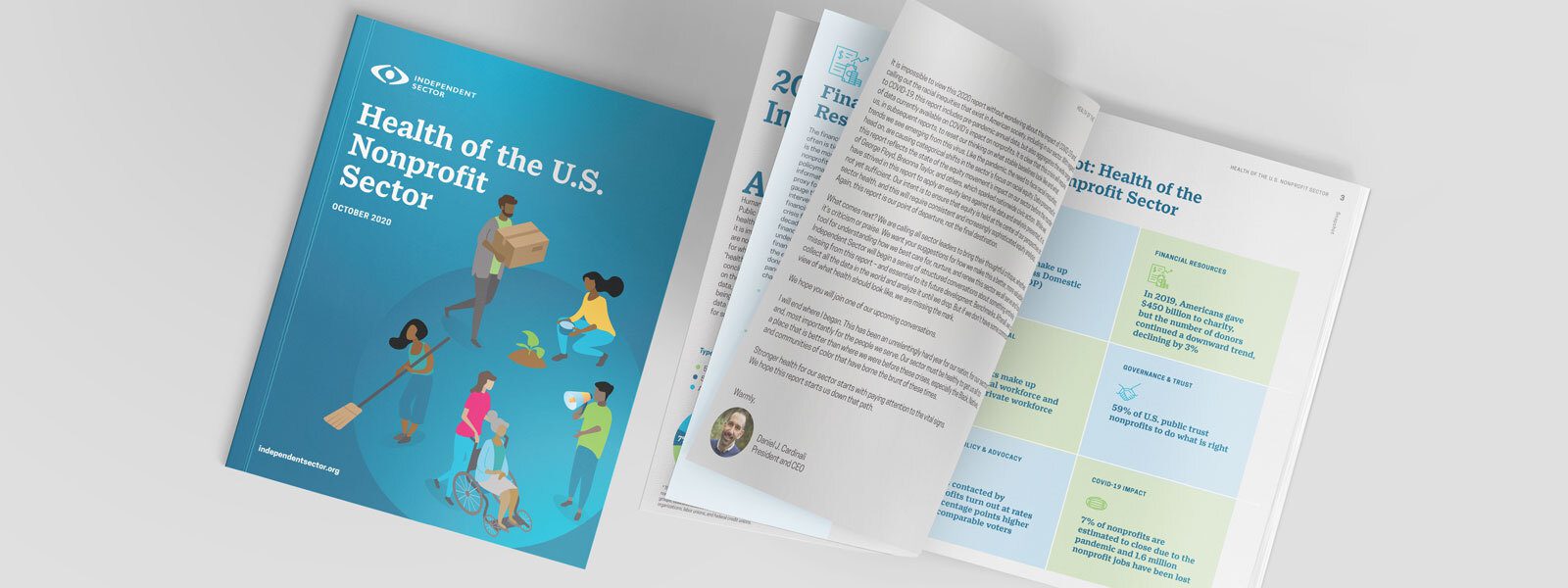Keeping It Ethical is our weekly blog series highlighting the 33 Principles for Good Governance and Ethical Practice. Throughout the series, we hope to highlight the importance of each Principle and the helpful resources associated with it and learn more from you about how you’ve incorporated these Principles into your charitable organization.
Oh my, how far we’ve come – laws, policies, Form 990 series, boards, all types of governance, financial records. The list sure feels unending, so aren’t we through with the Principles yet? Well, kind of. The end is near my friends. We’re headed into the last stretch, with a brief stop that’s all about responsible fundraising. A foundational component for ethical fundraisers requires organizations to ensure their fundraising materials are accurate, updated, and truthful.
Since ‘accurate and truthful’ likely comes off a little broad, we’ve developed the following five measures to help operationalize the concept and provide clarity for you.
- Accurate name and location of the organization receiving funds/contributions must be clearly stated along with the intended use of the contributions.
- Organizational information must be up-to-date, including descriptions of activities, properly stated history of activities, the financial condition of the organization, and clear contact information for the organization must be available.
- The name and role of person requesting contributions should be readily available.
- Tax exempt status must be disclosed to donors – for example, if an organization is not tax exempt this must be disclosed so that donors understand their contribution is not tax-deductible. If an organization is tax exempt, there should be explicit information on how donors may obtain tax exempt proof.
- When a solicitation provides some goods or services in exchange for the contribution, the value of the good/services should be made clear since it is not tax deductible.
These are major elements to prioritize but there are many other detailed criteria to consider before taking new fundraising materials out into the world. As always, every organization is different and we recommend your organization develop an internal process against which to measure all outgoing materials or solicitation campaigns.
Traditional fundraising techniques have given way to a wide array of online fundraising avenues. Organizations must ensure that their online and mobile communications are held to the same standards. Also, organizations need to stay diligent and monitor online platforms for people who may be using their name improperly to raise funds and misdirect donors. Keeping proper oversight to proactively guard your organization and its reputation is vital.
Here we normally leave you with a list on incredible resources to help you put the Principles into action – today we leave you with one major resource that every nonprofit should know about:
- Donor Bill of Rights – Association of Fundraising Professionals
This bill of rights is endorsed by several organizations and we highly recommend your organization instill it in some capacity. We wish you well as you review your next solicitation campaign with joy and relief!
Learn more about Principle 27 and the associated resources.
If you’ve got additional resources that support Principle 27, please share them or any other thoughts in the comments below, or use #npethics on social media.



